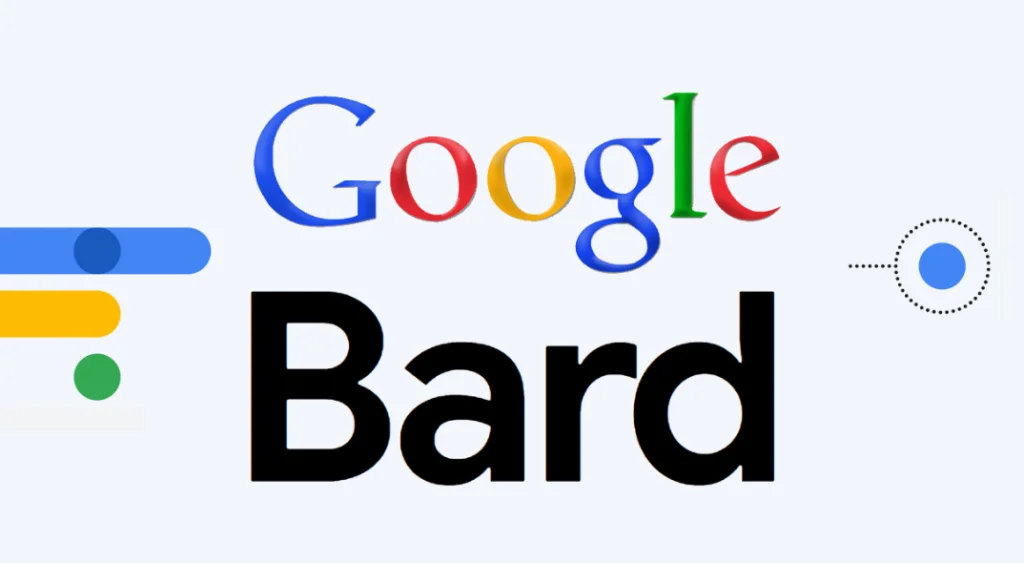Google announced in a blog post on December 19 its intention to impose restrictions on election-related queries that its artificial intelligence (AI) assistant Bard can answer.

According to the source, this limitation will become effective in early 2024, preceding the forthcoming presidential election in the United States.
The post noted that in addition to the United States presidential election, 2024 will witness several other significant international polls. It would “work with a greater emphasis on the potential role of artificial intelligence (AI).”
Google identified assisting users in recognizing AI-generated content as one of its top priorities. In September, it was one of the initial Big Tech firms engaged in AI development to require AI disclosures in political campaign advertisements.
Google-owned YouTube also revised its policies in November 2023, mandating that creators disclose the use of generative AI or face account suspension.
Similarly, Google announced that Google’s DeepMind has launched a new SynthID utility beta version that embeds a digital watermark directly into AI-generated images and audio.
In November, Meta, the parent company of Facebook and Instagram, prohibited political advertisers from utilizing generative AI ad-creation tools.
The topic of the impact of AI on elections has become increasingly significant in light of the approaching U.S. elections. According to one study, utilizing AI on social media platforms may affect voter sentiment.
Microsoft’s Bing AI chatbot, rebranded as Copilot, provides misleading or inaccurate election-related information in approximately 30% of the responses, according to a European study.
